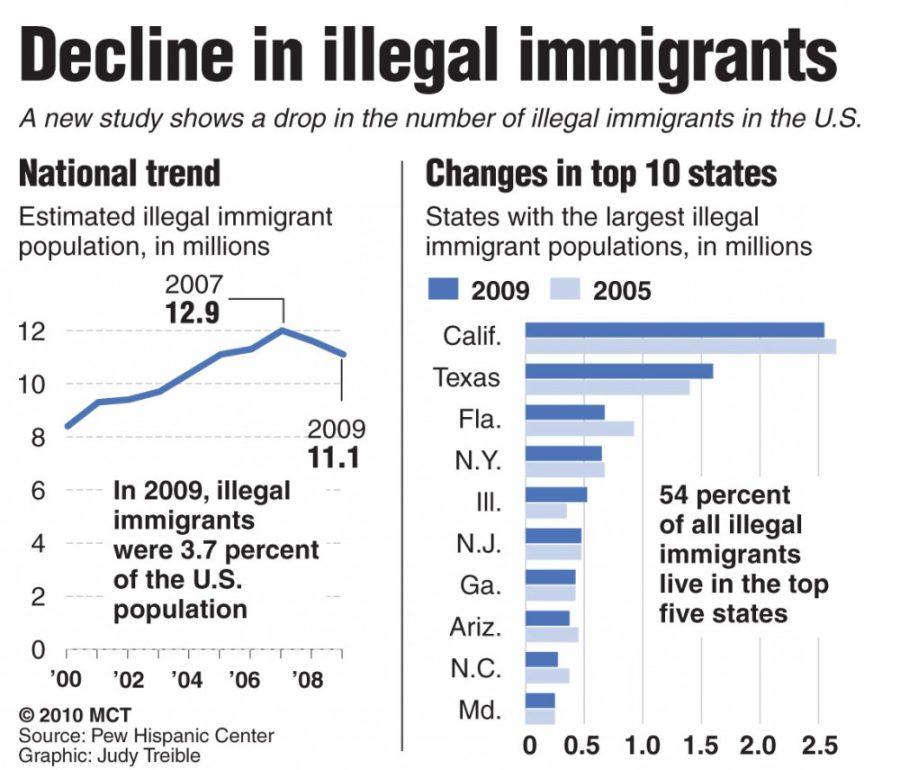The specter of illegal immigration continues to cast a long shadow over the southern United States, particularly in Arizona, a state that has emerged as a focal point in the immigration debate. Recently, the National Guard has been deployed to assist local law enforcement and border enforcement agencies in addressing this ongoing challenge. This decision not only reflects the immediacy of the situation but also underscores the complexities that underpin the issue of illegal immigration in America.
The presence of the National Guard in Arizona raises a plethora of questions about security, policy efficacy, and the humanitarian implications of military involvement in domestic affairs. Arizona has long been a pivotal battleground for immigration-related challenges, with its proximity to the U.S.-Mexico border making it an attractive route for undocumented migrants seeking better opportunities. The recent surge in immigration, coupled with ongoing debates regarding enforcement strategies, has made the state’s landscape particularly fraught with tension.
Those who follow immigration patterns have undoubtedly noted a perceived contradiction; while political rhetoric often suggests rampant increases in unlawful entries, data has suggested a notable decline in illegal immigration in recent years. This juxtaposition may lead one to ponder whether the heavy-handed militarization is a strategic necessity or a political maneuver aimed at demonstrating decisiveness in the face of an evolving crisis.
The deployment of the National Guard, while primarily aimed at bolstering border security, also raises significant concerns regarding the treatment of migrants and the socio-economic factors driving their migration. Many individuals arriving at the border do so out of desperation, fleeing violence, persecution, or abject poverty. Such dilemmas underscore the necessity of addressing the root causes of immigration instead of merely treating the symptoms through military presence.
This dynamic introduces an unsettling dichotomy: the need for a comprehensive immigration policy that balances security with compassion. Does militarization provide a sustainable solution, or does it ignite a cycle of fear and hostility that ultimately dehumanizes those seeking asylum? The National Guard’s role, therefore, serves as both a deterrent and a reminder of the larger societal responsibilities that cannot be overlooked.
As the National Guard sets up operations in Arizona, the spotlight remains on how their presence will impact local communities, migrants, and the broader narrative surrounding immigration in America. The underlying fascination with this issue stems from its multifaceted nature—balancing national security with human rights—prompting a national reflection on the values we hold dear as a society. The conversation surrounding illegal immigration is both urgent and profound, warranting a comprehensive evaluation of policies which will either hinder or help the human beings at the center of this complex discourse.
